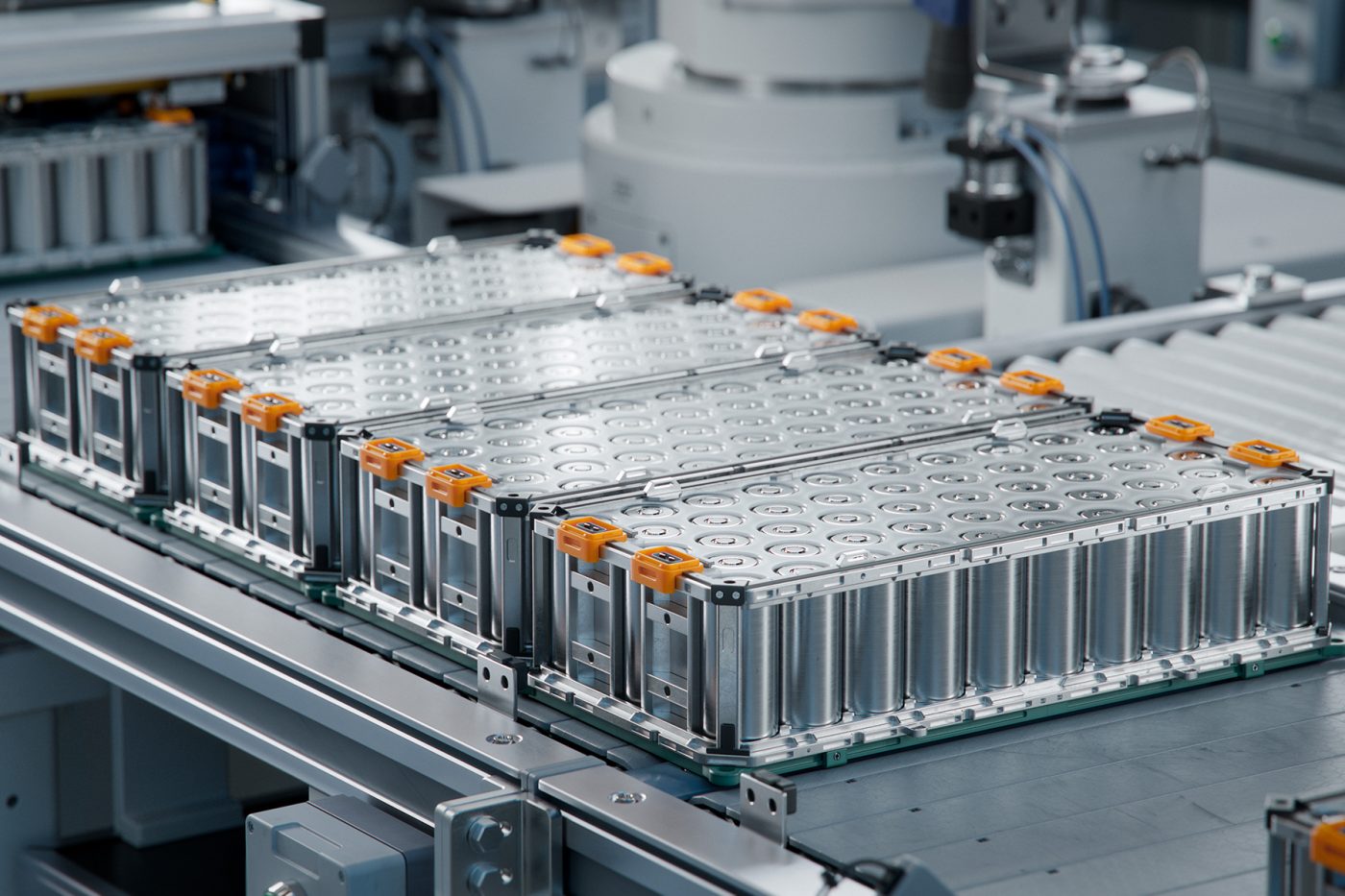
Category
#Battery
The battery is the core of every electric vehicle. Get all the information about cell formats, battery production and recycling.
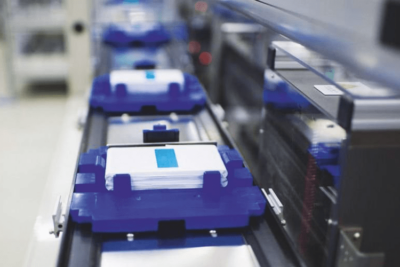
CATL breaks ground on Indonesian battery plant
published 10 hours ago
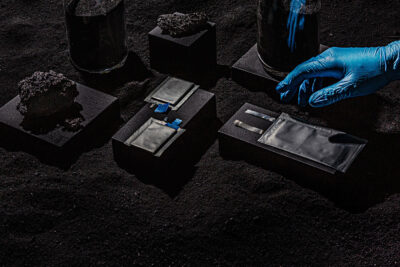
Group14 sets benchmark for silicon battery cycle life
27.06.2025
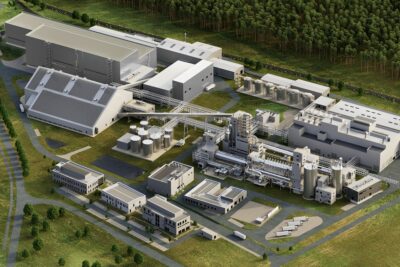
Rock Tech seeks European deal with Chinese manufacturer Ronbay
27.06.2025
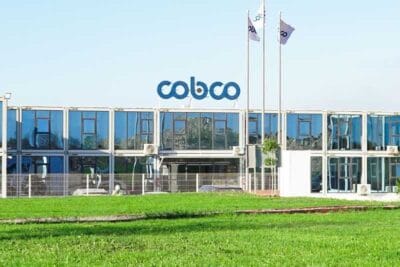
COBCO starts EV battery material production in Morocco
26.06.2025
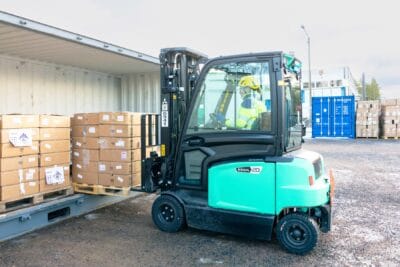
DHL and Fortum partner to close EV battery loop in Europe
26.06.2025
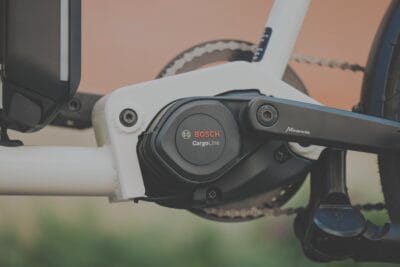
Bosch presents improved drive units for e-bikes
25.06.2025
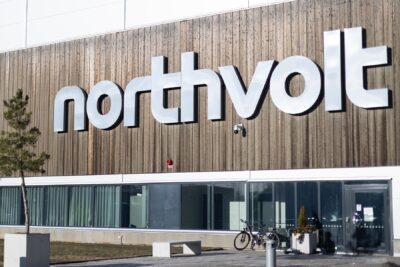
Northvolt finds several interested buyers and first take-over offer
25.06.2025
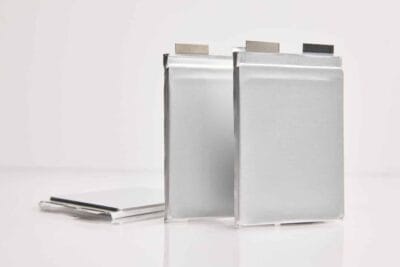
QuantumScape embeds new separator production process for solid state batteries
25.06.2025

The European Battery Alliance hires a new managing director
24.06.2025
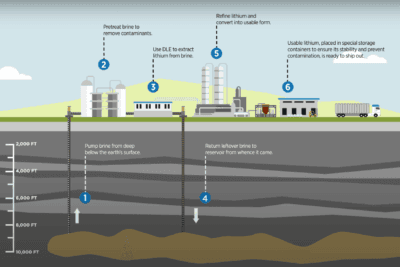
Chevron announces plans to enter U.S. lithium market
24.06.2025
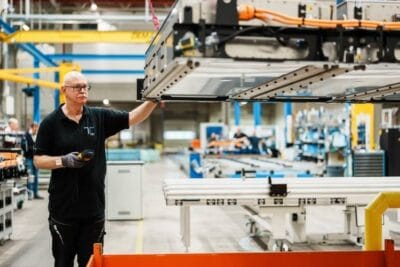
Mercedes-Benz Trucks introduces circular economy
24.06.2025
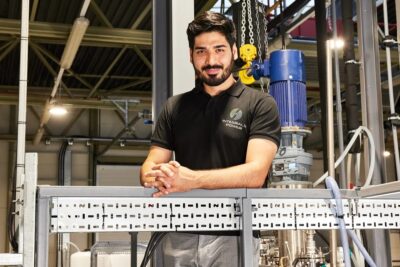
Integrals Power signs supply deal with Euro Manganese
23.06.2025

Factorial presents AI platform ‘Gammatron’ for battery development
21.06.2025

Freudenberg presents new battery system for electric ships
20.06.2025

Comau announces battery cooperation with Intecells
19.06.2025
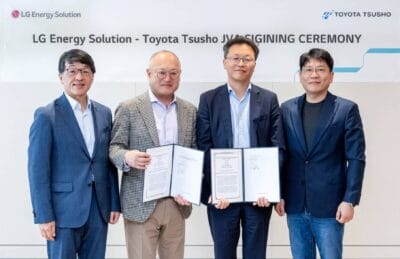
LG Energy Solution & Toyota team up on battery recycling in the USA
19.06.2025
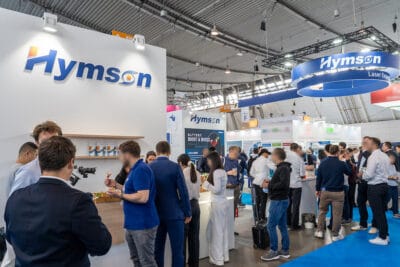
Hymson Shines at The Battery Show Europe 2025, Powering the Future of Global Energy
19.06.2025
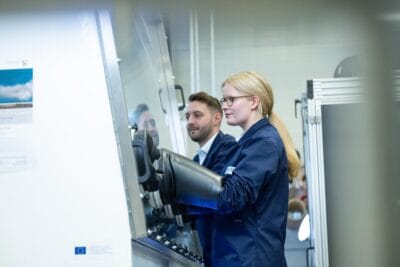
German PEM project “CellLab” aims to improve battery production
17.06.2025
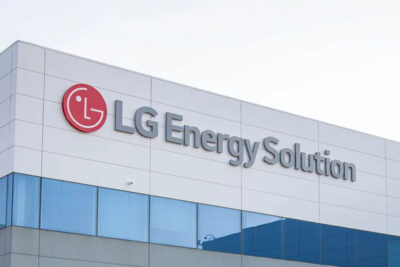
Chery to be supplied with 46mm cylindrical cells from LG Energy Solution
16.06.2025
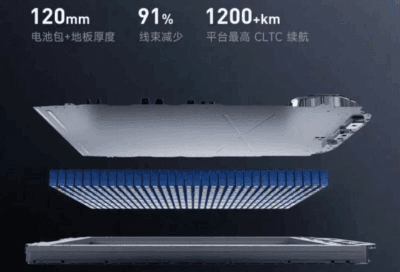
Xiaomi registers patent for solid-state battery
16.06.2025

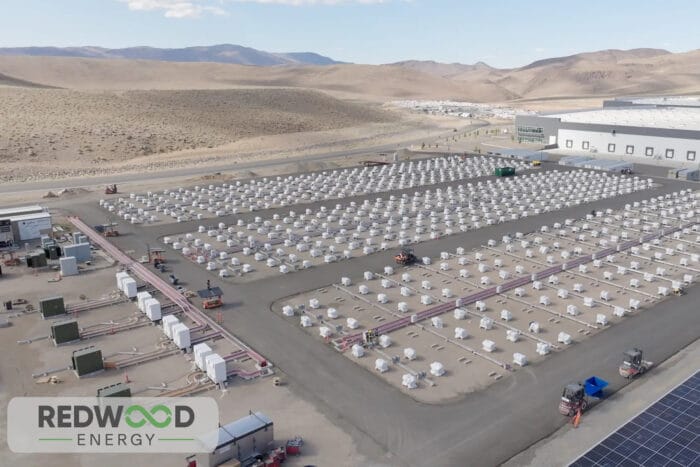
Last commented